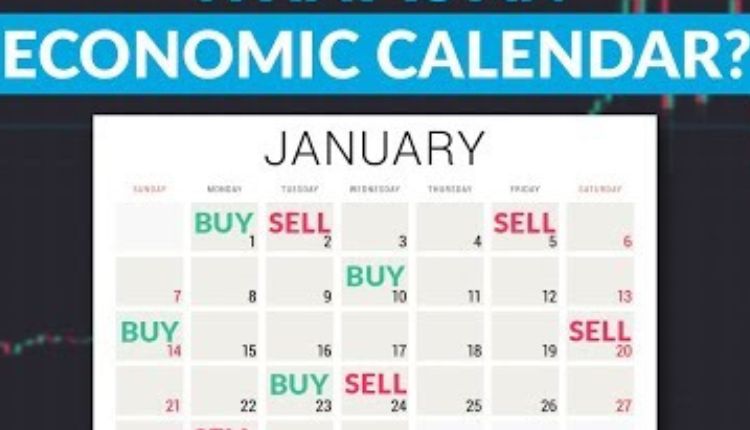Introduction:
The economic calendar serves as a vital tool for investors, traders, and economists alike, providing crucial insights into the scheduled release of economic indicators, events, and announcements. By understanding and interpreting the information presented in the economic calendar, market participants can make informed decisions, identify trends, and navigate the ever-changing economic landscape. In this article, we delve into the significance of the economic calendar, its role in shaping financial markets, and how to effectively utilize it for strategic decision-making.
Understanding The Economic Calendar:
The economic calendar serves as a comprehensive schedule of economic events, including key data releases, policy announcements, central bank meetings, and other significant occurrences that impact financial markets. It enables market participants to stay informed about upcoming events that have the potential to influence various sectors, currencies, and asset classes. These events often include GDP reports, employment data, inflation figures, interest rate decisions, and geopolitical developments.
Significance For Investors And Traders:
For investors and traders, the economic calendar acts as a guide, helping them anticipate market movements and adjust their strategies accordingly. By staying attuned to scheduled economic events, investors can position themselves to take advantage of potential opportunities or mitigate risks associated with market volatility. For instance, an investor holding stocks may choose to adjust their portfolio ahead of a central bank’s interest rate decision to minimize the impact of market fluctuations.
Impact On Financial Markets:
The release of significant economic indicators often triggers market reactions, causing price fluctuations across various asset classes. For example, positive employment data may lead to increased investor confidence and a rise in stock market indices. Conversely, a lower-than-expected GDP growth rate might cause a decline in equity markets. By analyzing historical data and understanding market expectations, traders can make informed predictions about how specific economic events might influence market sentiment and asset prices.
Utilizing The Economic Calendar:
To effectively utilize the economic calendar, market participants should consider the following key aspects:
- Identify Key Events: Scan the economic calendar for important releases and events that align with your investment interests. Focus on indicators and announcements that have a direct impact on the assets you are trading or monitoring.
- Prioritize Market-Moving Events: Not all economic events have the same potential to impact markets significantly. Prioritize those that historically generate substantial market volatility and have a direct correlation to your trading positions.
- Analyze Market Expectations: Alongside the economic calendar, monitor market sentiment and forecasts. Comparing actual data releases with market expectations can provide valuable insights into potential market reactions.
- Plan Ahead: Prepare a trading or investment strategy that takes into account the scheduled economic events. Assess the potential risks and rewards associated with each event and establish risk management measures accordingly.
Conclusion:
The economic calendar serves as an indispensable tool for market participants, helping them stay informed and make informed decisions. By carefully analyzing and interpreting the data presented in the economic calendar, investors and traders can anticipate market movements, adjust their strategies, and effectively manage risk. Navigating the economic landscape becomes more efficient and strategic when armed with the knowledge and insights derived from the economic calendar.
FAQs:
- How frequently is the economic calendar updated? The economic calendar is typically updated in real-time, ensuring that market participants have access to the latest information. It is crucial to regularly check for updates and revisions as events can be added, rescheduled, or canceled.
- Are all economic events of equal importance? No, not all economic events carry the same weight in terms of market impact. Some events, such as central bank interest rate decisions or employment reports, have a higher potential to influence market sentiment and asset prices. It is important to prioritize events based on their historical significance and relevance to your trading positions.
Remember, the economic calendar is a valuable resource that, when utilized effectively, can enhance decision-making and provide a deeper understanding of the economic landscape. Stay informed, remain vigilant, and adapt your strategies as market conditions evolve.
